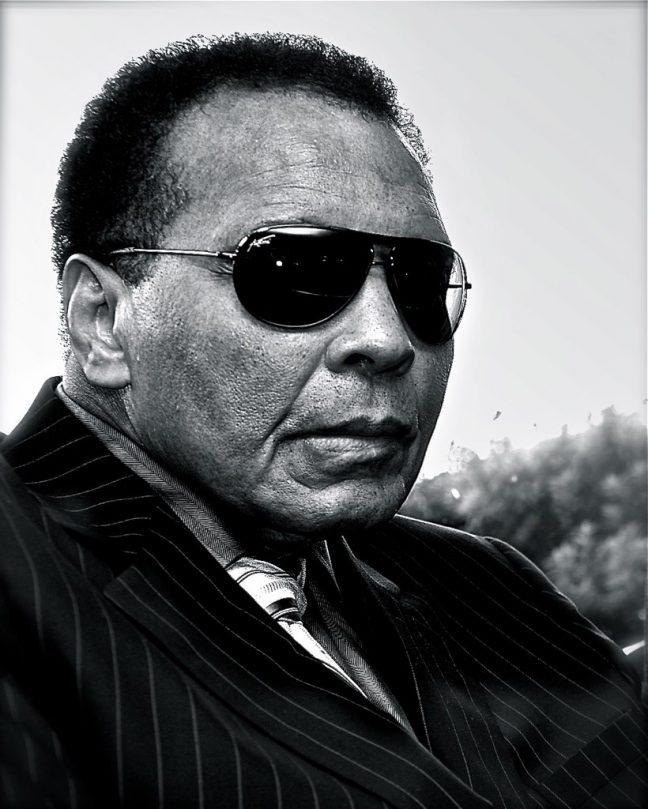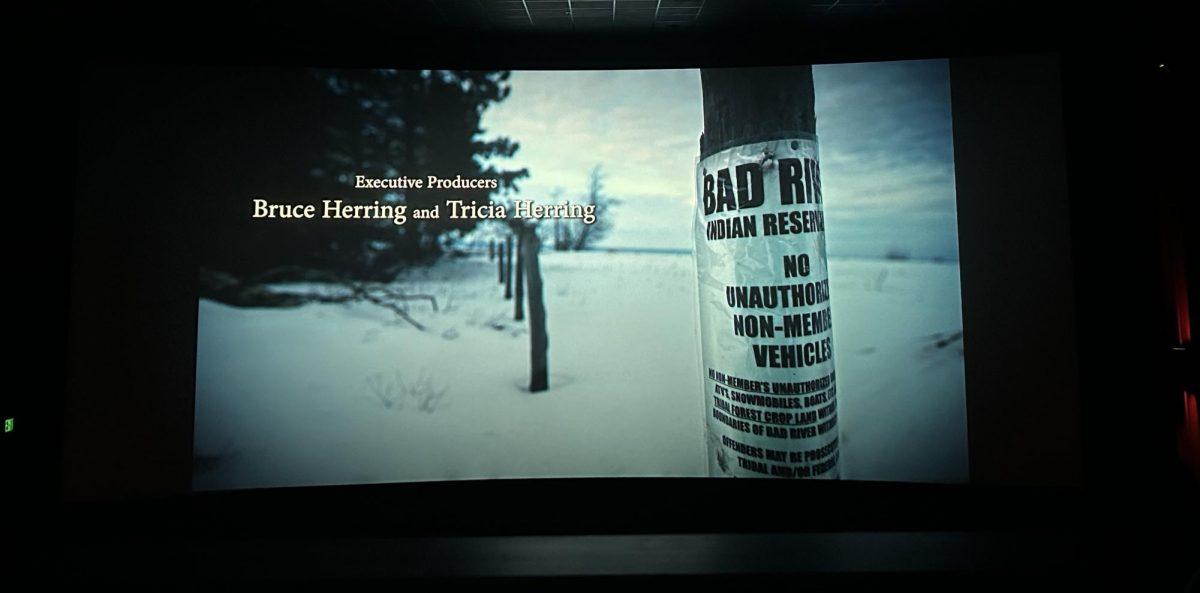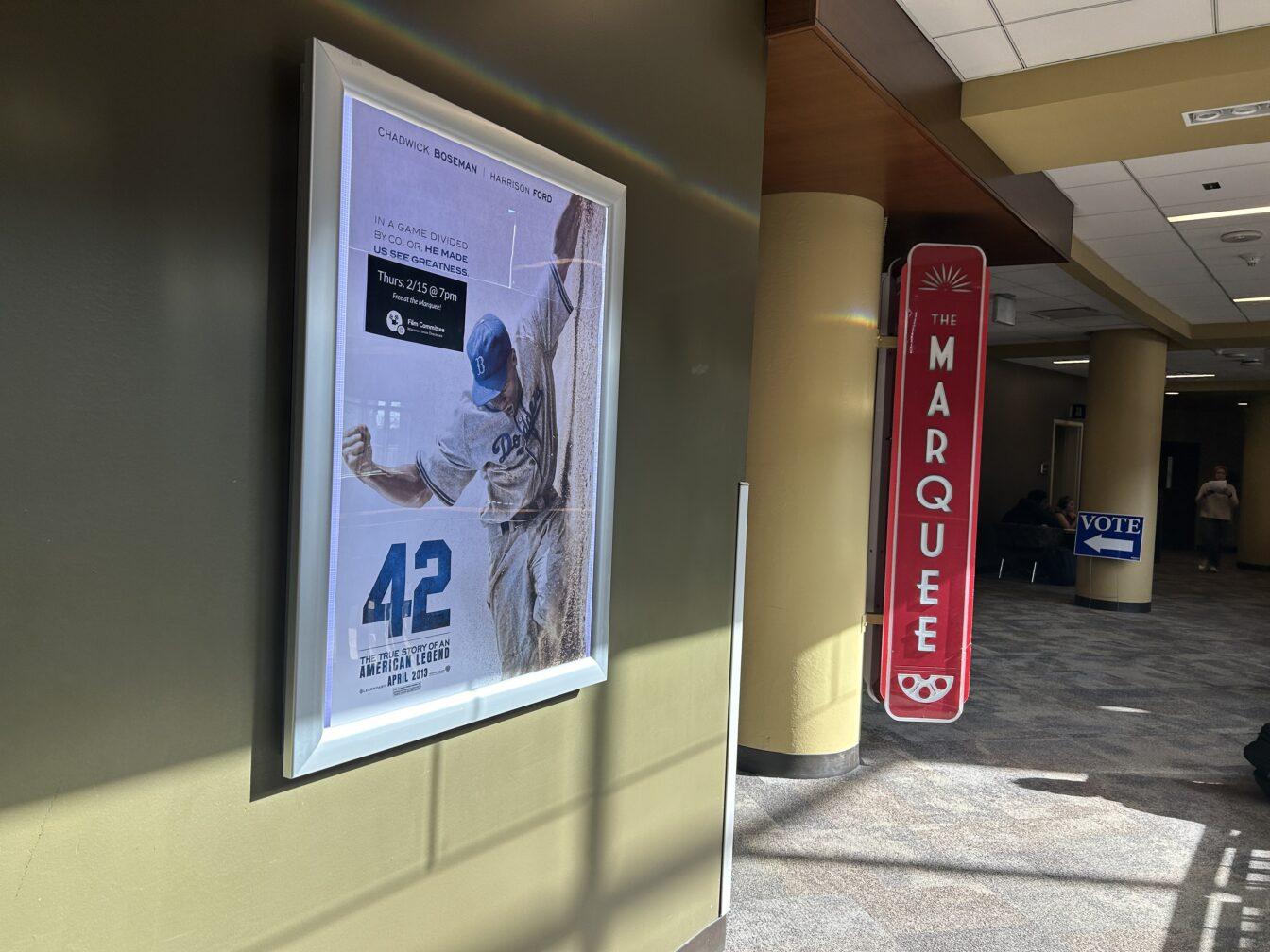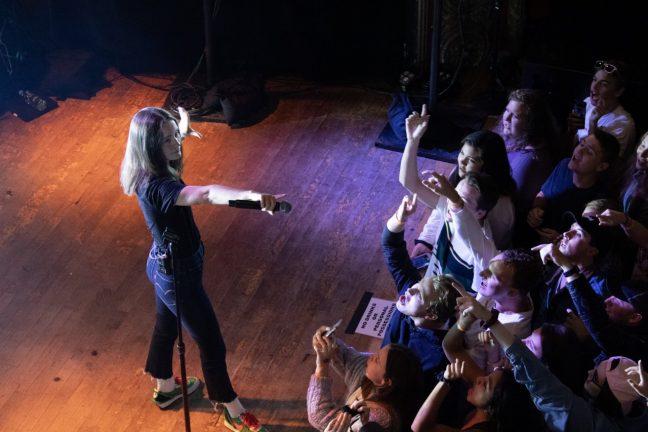Persuading a group of people that their version of history is incorrect can be difficult. There may be another explanation as to how a culture came to be. Origin stories vary depending who you ask, perspectives differ and facts become muddied with emotional, deep-seated beliefs that their version is right.
Hip-hop is generally accepted as having come from New York, with the four original components of MCing, DJing, B-Boys and Graffiti springing from the playgrounds and streets of the Bronx.
What has become lost in the shuffle, however, is the impact of even earlier individuals who were influential in ways that escaped those who have put the history of hip-hop to paper. These individuals were so ahead of their time that they had no direct connection to hip-hop, yet their legacy still looms large in the minds of many early hip-hop pioneers.
Demi Lovato creates documentary to reveal her life story, inspire others
Muhammad Ali is one of the greatest boxers of all time, but that description doesn’t give nearly enough credit to him. He was a showman before his time — someone who knew how to promote a fight with little more than a few well-worded, cocky lines of prose. An MC used to simply be seen as the “Master of Ceremony,” someone to compliment a DJ and hype the crowd up with a few dope lines here and there, which can almost seamlessly be translated to the way Ali operated and carried himself.
“Float like a butterfly, sting like a bee”, is a phrase that everyone and their mother knows — a beautiful set of similes that has been reiterated and rephrased a thousand ways. His poetry influenced the first generation of MC’s to continually push themselves, striving for new rhyme schemes and patterns to try and be seen as better than the champ.
We are now in another time of cultural and societal upheaval, in which the history books are being re-written. Previously glossed over figures are finally getting their time in the light.
Thanks to University of Wisconsin student Mackenzie Berry, Ali is finally getting his deserved recognition for his early contributions to hip-hop. Over the past almost two years, she traveled around the U.S., conducting over 20 interviews in nine different cities to piece together her documentary, “The Louisville Lip: MC Muhammad Ali.”
Equal Opportunities Commission meets to discuss plan for Madison confederate monuments
While the film mainly focuses on Ali and the impacts he had on the early culture, Berry put a spotlight on women who have been hip-hop pioneers, whose stories have not always been given their due respect.
Ali’s second wife, Khalilah Ali, was the one who pushed his image as the people’s champ, booking him on college speaking tours across the country during his forced break from boxing during the Vietnam War. Without her, there is a chance that Ali would have simply slid into the back of America’s consciousness — a great boxer who simply could not fit into the system.
Khalilah refused to let that happen and worked her ass off to make sure he would stay in the spotlight and still make money. Her story is one that many great women can relate to and it is a role that deserves more respect and attention than it has gotten. This documentary is a great starting point, as it features her throughout the piece dropping knowledge left and right.
Berry grew up in Louisville, Kentucky, like Ali. When she was young, she was shown a video of spoken word poetry and fell in love with it, changing the trajectory of her life forever.
At Madison, she was accepted to the First Wave Program — a scholarship program that gives students the opportunity to pursue their artistic abilities and gain experience in the professional world. She discovered the spoken word album Ali released in anticipation of his 1963 fight with Sonny Liston, “I Am The Greatest.”
This led to the unearthing of other pieces of evidence that paint Ali as the first MC ever, an overlooked part of his legacy. In her process of creating the piece, Berry was able to interview the legendary DMC — one-third of one of hip-hop’s greatest groups. He believes Ali’s influence as an MC has been swept under the rug.
In his interview, DMC called Ali the first MC in his eyes. This pattern played out in numerous other interviews — that seeing Ali on TV doing his thing and spitting his ditties was for many the first time they heard the power of spoken words and rhyming.
Berry was able to spend a full day with one of hip-hop’s best kept secrets, Roxanne Shante. A pioneer in her field and someone who deserves as much respect as the other icons from early days, Shante instead, became a sacrificial goat for the label gods.
Shante was denied the accolades she rightfully earned as a 15-year-old. Hip-hop reached its commercial pinnacle last year, overtaking all other genres of music to become the most consumed form in 2017. If Shante hadn’t lost to Busy Bee in the 1985 New Music Seminar Battle For World Supremacy, hip-hop may have never reached that point.
It is not an easy task to make humans look introspectively at their histories, as there are plenty of unpleasantries that have been glossed over. But Berry forces viewers to do just that. One must be able to reconcile hip-hop’s inability to recognize their women in the way they deserve.
Women feel extra pressure to prove themselves in male-dominated majors
There are many storylines still waiting to be unpacked within this documentary, including Ali’s connection to Malcolm X and the Black Power movement and the now common rapper-athlete paradigm, which could potentially be traced back to Ali as well. Berry stated this was the first iteration of the documentary and she wanted to focus on this first rather than drag the viewers’ attention in too many directions. Declaring Ali as the first MC is a bold statement, one that is guaranteed to bring backlash from many.
Berry was able to weave together valid claims substantiated with evidence from exalted figures. Her highlight of women’s influence in the industry is a much-needed one. It is time the matriarchy was chiseled into the stones of history.
Berry told me that she knew she was taking a risk with these claims, but that she was ready for the response. She also believes the current political and social climate is a perfect one for this documentary — pushing the envelope while challenging long-held beliefs.
Rewrite the history books, shed light on the dark and give Ali and these women their rightful spot in the history of hip-hop.























